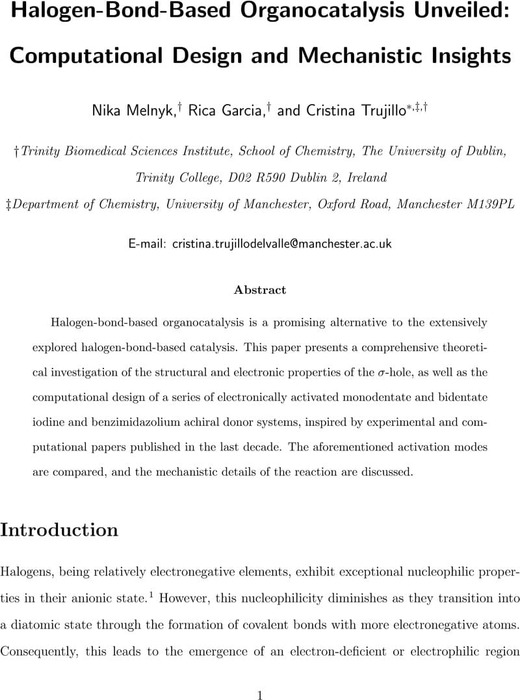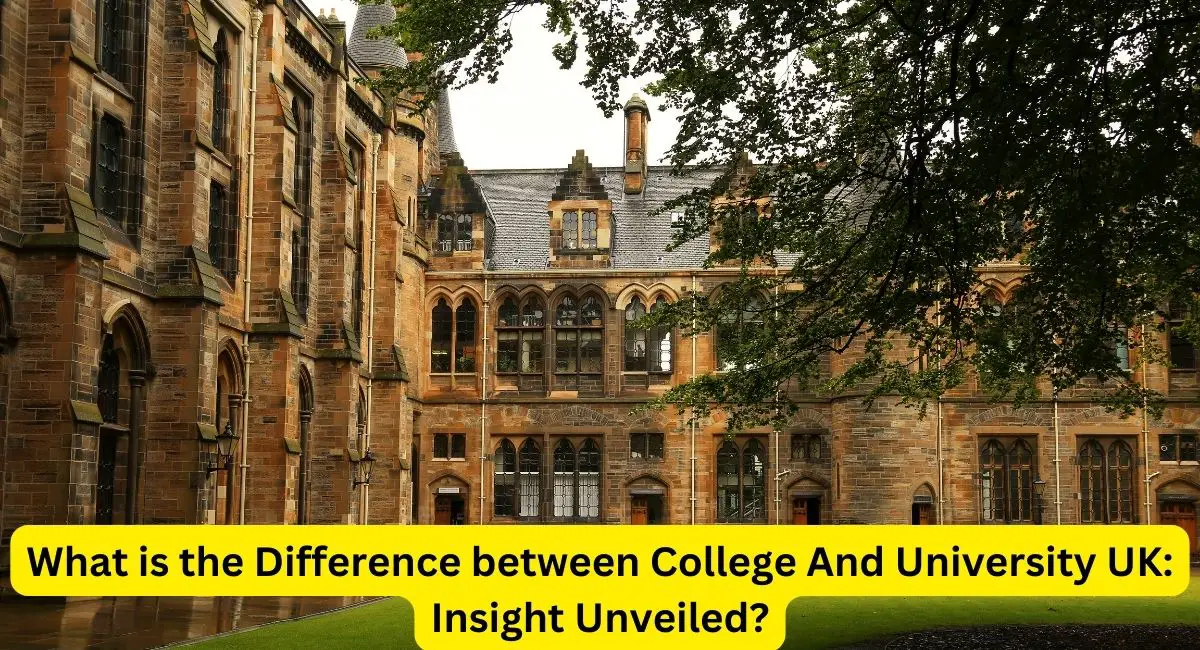In the UK, colleges typically offer further education, while universities grant undergraduate and postgraduate degrees. Colleges focus on vocational training and A-levels; universities emphasize research and offer a wider range of academic programs.
Choosing where to continue your education in the UK can significantly shape your future career and academic prospects. Colleges in the UK are often more specialized institutions providing vocational courses, adult education, and qualifications like BTECs or GCSEs. They cater to students looking to enhance specific skills or complete secondary education.
Universities, on the other hand, are larger institutions known for their diverse range of degree programs, from bachelor’s to doctoral levels. They are centers for research and academic scholarship, offering a broad spectrum of subjects. Students aiming for an advanced academic career or professional degrees typically opt for university education. Understanding the function and structure of colleges and universities is vital for making an informed decision about your educational journey.

Credit: chemrxiv.org
Diverging Paths: College Vs University
The United Kingdom has distinct settings for colleges and universities. A college usually offers a range of vocational courses. They are often smaller than universities. Many also provide adult education and part-time courses. Colleges cater to a practical learning style. There’s a big focus on preparing students for specific jobs.
In contrast, a university is where one can pursue a degree. They offer undergraduate and postgraduate studies. Universities are more research-oriented. They encourage students to develop analytical and theoretical skills. This prepares them for a variety of careers or further study.

Credit: www.facebook.com
Educational Scope And Curriculum
The UK’s educational landscape showcases distinct differences between colleges and universities. Colleges typically offer diplomas and foundation degrees. These are often shorter courses and can lead to advanced education or employment.
Universities, on the other hand, are known for a broader array of degrees. This includes undergraduate, postgraduate, and doctorate levels. These institutions place a higher emphasis on independent research and academic development.
When discussing academic rigour and specialization, universities are at the forefront. They offer in-depth study in various fields. With a focus on specialized disciplines, they prepare students for specific careers.
Research opportunities are more prevalent at universities. This complements the advanced learning experience. Overall, the main takeaway is the scope of qualifications and the depth of academia that differentiate these two types of institutions.
Institutional Size And Student Life
Institutional size often defines the campus experience between colleges and universities in the UK. Smaller college campuses might offer a closer-knit community, where interaction with peers and faculty is more personal. Universities, with larger settings, provide a broader array of facilities and diverse experiences.
Community and extracurricular activities vary greatly. The University students may engage in a wide range of societies and clubs. Colleges offer focused groups that align closely with their specialized subjects.
| Feature | College | University |
|---|---|---|
| Size | Smaller | Larger |
| Community Feel | Close-knit | Diverse |
| Extracurriculars | Subject-focused | Wide range |
- Colleges have fewer students than universities.
- Universities offer a larger variety of courses and activities.
- College students often know each other well.
- University students might not meet everyone on campus.
Admission Criteria And Accessibility
Colleges and universities in the UK have distinct entry-level requirements. To join a college, students usually need GCSEs. Universities often ask for A-levels or equivalent qualifications. Students must check each institution’s specific criteria.
Universities can provide wider flexibility in admissions, such as accepting mature students without traditional qualifications. They often consider life experience and may have different routes like foundation courses.
Colleges tend to offer more personalized support services, helping students with educational needs. Universities are also well-equipped with support services. This includes disability services, mental health support, and career advice.
Career Prospects Post-graduation
Understanding the career prospects after graduation is vital. Students from universities often have higher visibility to top employers. This is because universities typically maintain strong industry links. These connections can greatly boost job opportunities.
Colleges also offer valuable employability skills, yet may have fewer direct links to industries. Graduation from college or university often leads to varied paths.
Many graduates continue their education. They may seek further postgraduate qualifications. Others may enter research fields, especially from universities. Such opportunities allow for deep exploration of their chosen area.
Continued learning can greatly enhance one’s career. It can lead to specialist positions or academic roles.

Credit: m.facebook.com
Frequently Asked Questions For What Is The Difference Between College And University Uk
Is University The Same As College Uk?
In the UK, “university” refers to a higher education institution offering degrees, while “college” usually indicates further education or vocational training, not degree-level qualifications.
Is College In The Uk Different From The Us?
Yes, college in the UK and the US differ in structure, duration, and terminology. UK courses are often shorter, and students specialize earlier. Bachelor’s degrees typically take three years in the UK, compared to four in the US.
What Is The Uk Version Of College?
The UK equivalent of college is often referred to as “sixth form” or “further education college,” catering to students aged 16 to 18.
Is University Same Thing As College?
No, “university” and “college” are not exactly the same. A university typically offers a range of graduate and undergraduate programs, while a college may focus solely on undergraduate education.
Conclusion
Understanding the distinction between a UK college and university is key to making informed academic decisions. Each offers unique pathways to further education and career advancement. Use this knowledge to choose the best fit for your learning journey and future goals.
Your academic success begins with the right choice.

